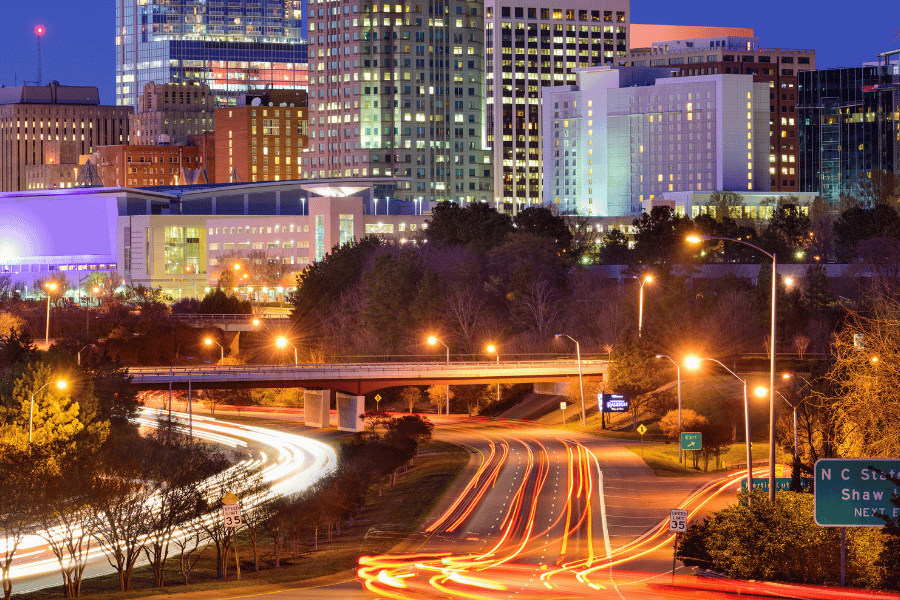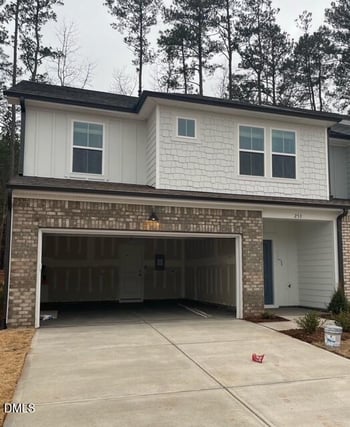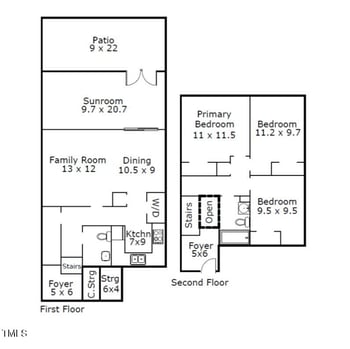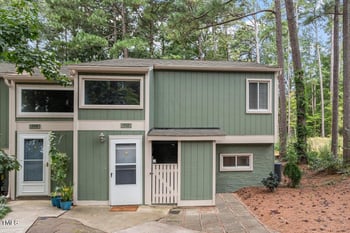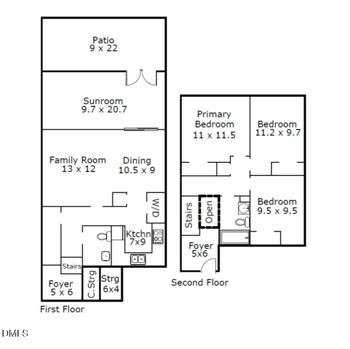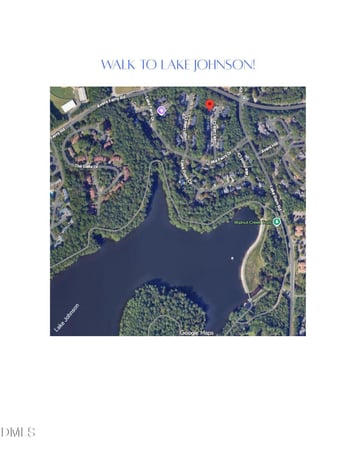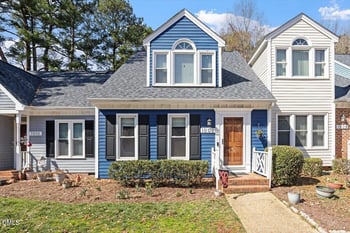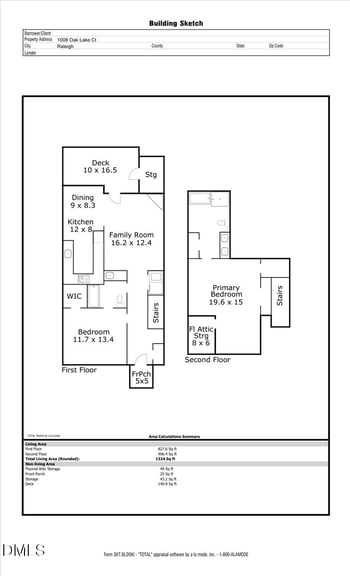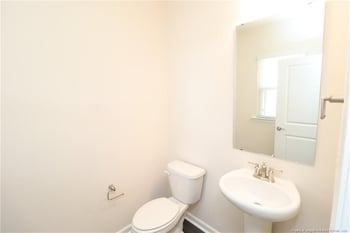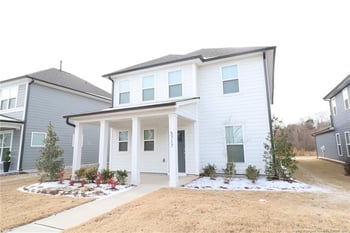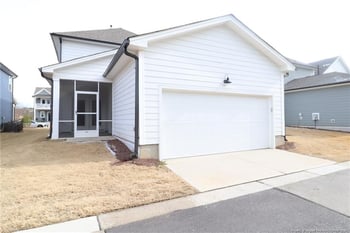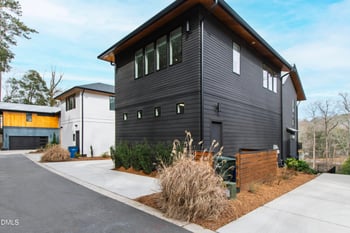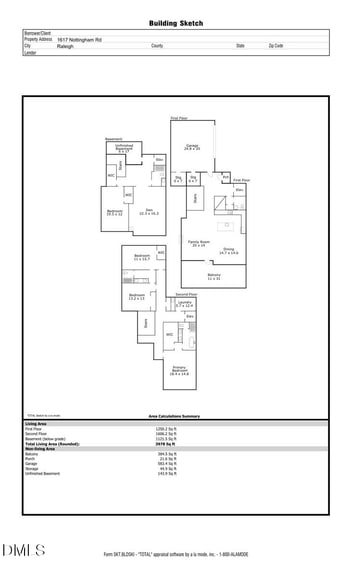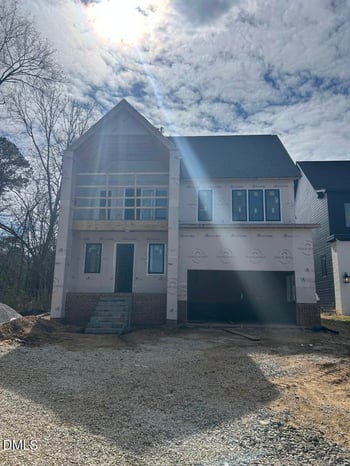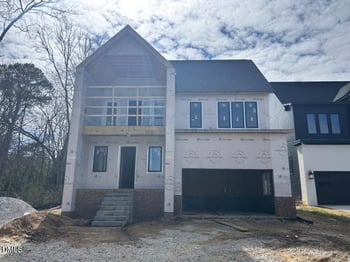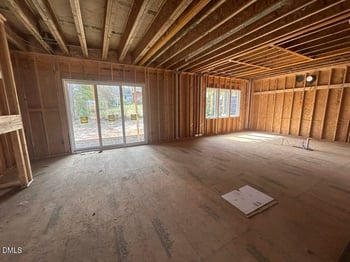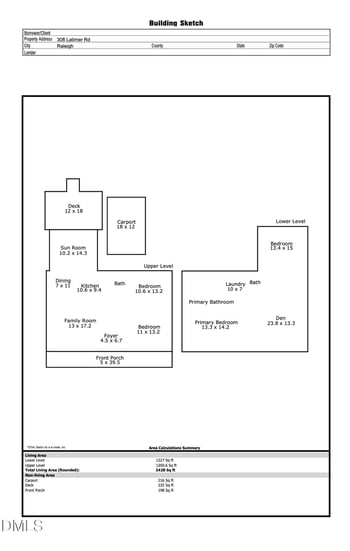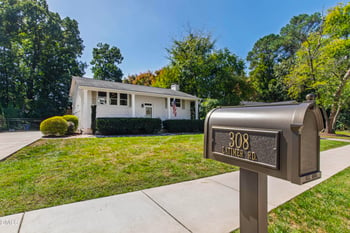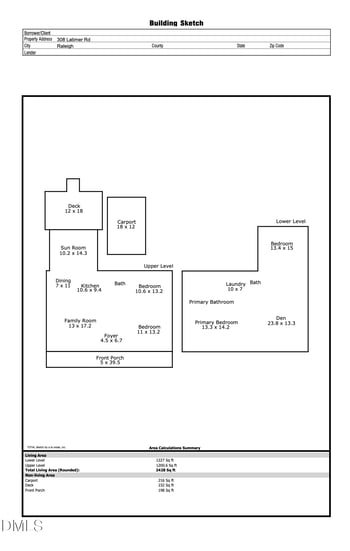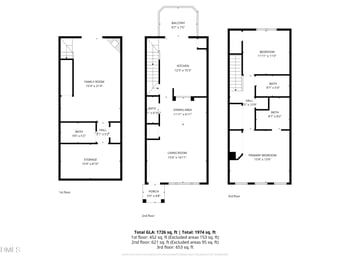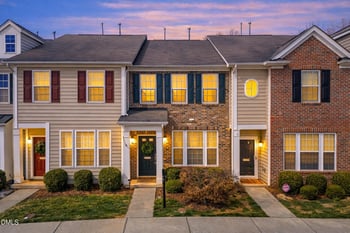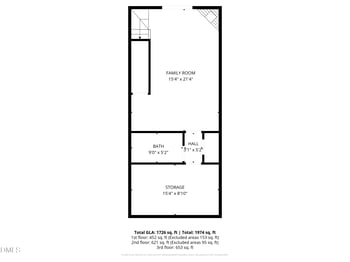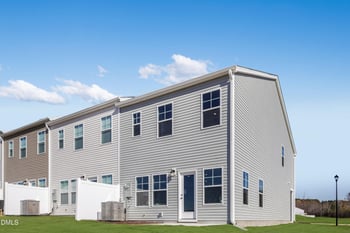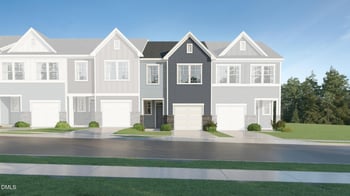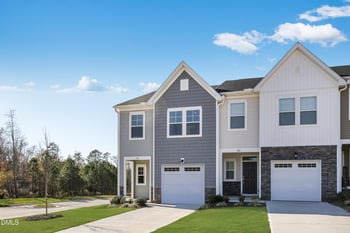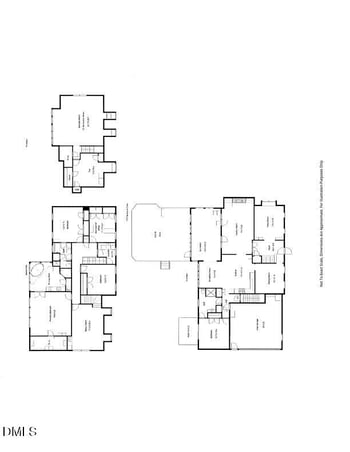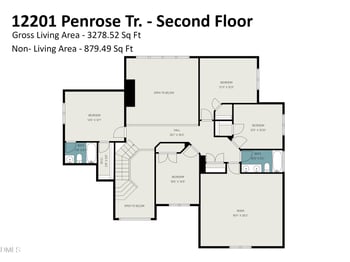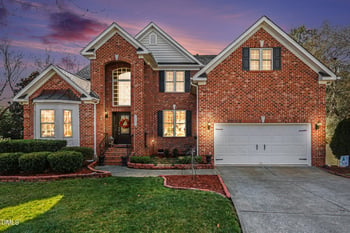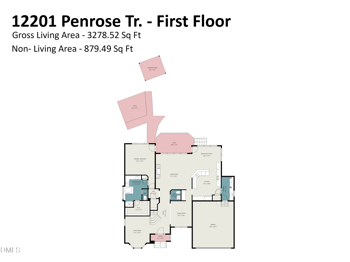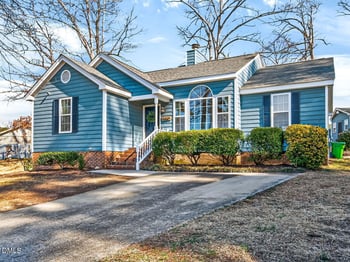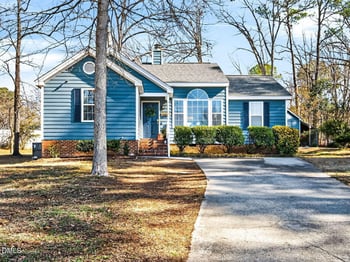Raleigh Driving and Commute Times
What is the average commute time in Raleigh, NC? Here is what you need to know about commuting in Raleigh and how to get around the city.
Are you considering a move to Raleigh? Understanding the city's transportation landscape is crucial for choosing the right neighborhood and planning your daily commute.
As North Carolina's fastest-growing metropolitan area, Raleigh has been working diligently to keep pace with increasing population demands while maintaining reasonable commute times and expanding transportation options.
With a growing population of over 482,295, Raleigh is a booming city with ample job opportunities, diverse housing options, and an affordable cost of living.
Raleigh is part of the Research Triangle, along with Durham and Chapel Hill, and is home to leaders in technology, science, and innovation. Many people commute to Research Triangle Park for work every day, and the city has few public transportation options.
As a result, the majority commute in cars, which causes congestion on almost all the area's highways. Commuters mostly come from the Raleigh suburbs, including Cary, Holly Springs, Apex, Morrisville, and Garner.
Whether you are commuting for work or school, knowing how long it will take is essential. This guide will cover Raleigh's average driving and commute times and how to best get around in the city.
This is what you need to know about Raleigh's driving and commute times.
1. Current Commute Reality in Raleigh
Raleigh offers a refreshing change from many major metropolitan areas regarding commute times. Unlike Atlanta, where residents face 39-minute commutes one way, Raleigh maintains more manageable traffic patterns despite steady growth.
The one-way commute in Raleigh takes 23.6 minutes, shorter than the national average of 26.8 minutes. Data shows that the average American commute is getting longer yearly, but commute times vary significantly based on time, mode of transportation, and end location.
The city's strategic highway system and ongoing infrastructure investments have helped keep commutes reasonable even as the population has expanded rapidly.
Since the pandemic, Raleigh-Cary has had the third-highest number of work-from-home workers, at 24.5%. Most In-person or hybrid workers commute to work by car.
Rush hour in Raleigh typically occurs during standard times: 7:00-9:00 AM for morning commutes and 4:30-6:30 PM for evening travel. However, the city's multiple highway options often provide alternative routes when primary roads experience congestion.
During rush hour, commute times may be longer than 30 minutes. If you are traveling to or from outside of Raleigh, commute times may range from 45 minutes to an hour.
Commuters sometimes get stuck in stand-still traffic on major roads like I-440 and Glenwood Avenue when an accident or backup occurs. Raleigh is doing everything possible to update and enlarge the major highways in response to the traffic congestion.
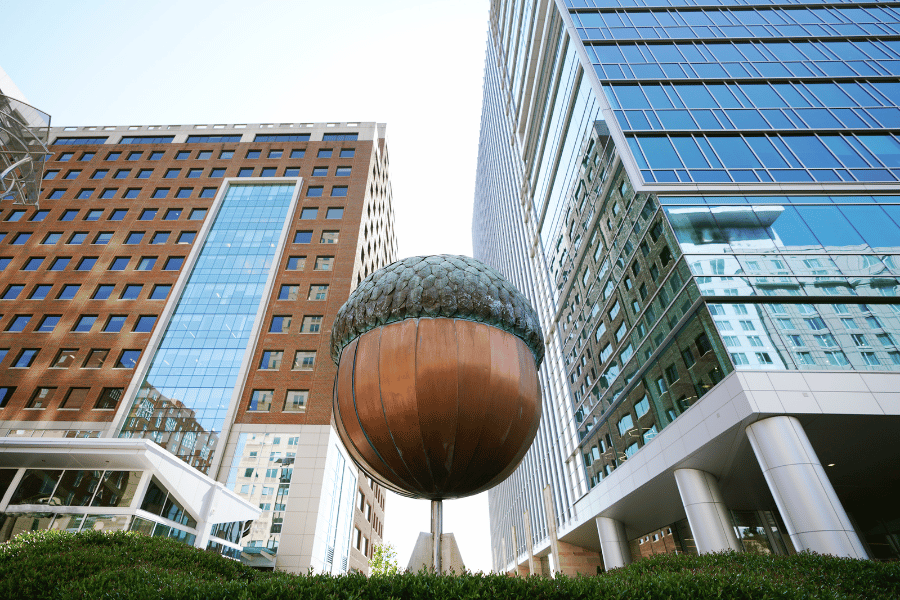
2. Public Transportation
Although driving is Raleigh's most common mode of transportation, the city offers many public transportation options and walkability downtown. However, there are no train systems like there are in other large cities.
GoRaleigh
The major Raleigh public transportation system is GoRaleigh, which travels throughout the city. The transit map will help you determine the best route for your needs.
GoRaleigh features 28 fixed buses throughout Raleigh's downtown and has seven regional/express routes. A single GoRaleigh bus ride costs $1.25.
RLine
RLine is the next bus system and is an eco-friendly mode of transportation for Raleigh residents. The free bus system can take you to restaurants, venues, museums, hotels, and stores around Raleigh.
This is an excellent option if you live in the city and want an affordable commute. Buses run approximately every 15 minutes.
GoTriangle
Like GoRaleigh, the Triangle area has GoTriangle, which provides public transportation to Mebane, Hillsborough, Carrboro, Chapel Hill, Durham, Raleigh, and Cary.
This is a great option for Raleigh commuters, featuring regional bus and shuttle services, paratransit services, ride matching and vanpools, and emergency ride-home programs.
Prices vary depending on your trip, but you can visit Fares and Passes to find the exact fare price.
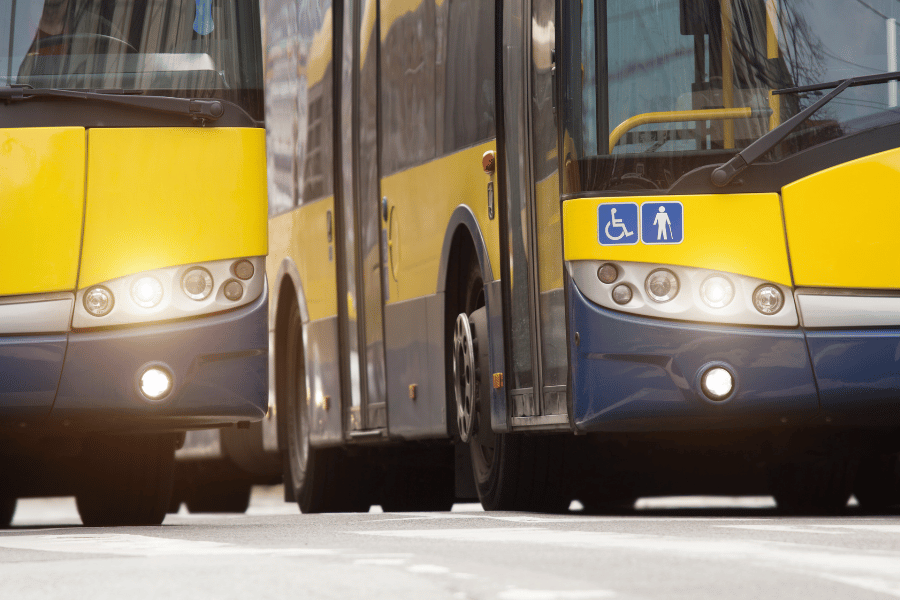
3. Main Highways for Raleigh Commuters
Raleigh's highway infrastructure forms a comprehensive network designed to handle both local commuter traffic and long-distance travel:
Interstate 40 (I-40)
This main highway serves as the primary east-west corridor, connecting Raleigh to Durham and Chapel Hill and extending across the state. Adding two lanes in each direction has eased traffic between Raleigh and Johnston County, and recent widening projects completed in 2024 significantly improved congestion.
Interstate 440 (The Beltline)
Many commuters travel via Interstate 440, which creates an inner loop around Raleigh, connecting different parts of the city. The Raleigh beltline (I-440) and a second outer loop (I-540) help alleviate congestion during high-demand times. This highway is essential for avoiding downtown traffic between different city areas.
Interstate 540/NC 540
This interstate forms the outer loop around the greater Raleigh area. Currently under construction, the proposed work would extend the Triangle Expressway from the N.C. 55 Bypass in Apex to the U.S. 64/U.S. 264 Bypass in Knightdale.
The 540 Outer Loop will circle the greater Raleigh area and is expected to be completed in 2028. When finished, this 70-mile beltway will provide even more traffic relief and improved regional connectivity.
US Highway 1 and US Highway 64
Many commuters travel along these routes because they provide additional north-south and east-west connectivity and offer alternative routes during peak traffic.

4. Cost of Transportation
The cost of living in Raleigh is 5% lower than the national average, and transportation is 8% lower. Gas is also more affordable in Raleigh, at an average of $2.899 in Wake County, which benefits commuters who drive.
| Cost in Raleigh | National Cost | |
| Gallon of Gas | $2.899 | $3.166 |
Raleigh offers relatively affordable transportation costs compared to larger metropolitan areas. According to the U.S. Department of Transportation, the average cost Americans spend annually on transportation is $12,295.
Overall, you should have many transportation options available at a relatively affordable price. You can reduce your transportation costs by utilizing public transportation options or carpooling, which will also help the environment.
Public Transportation Costs
- GoRaleigh bus fare: $1.25 per ride
- Monthly passes and discount programs available
- Regional transit connections at competitive rates
Driving costs in Raleigh can remain reasonable with competitive gas prices, reasonable parking, multiple free parking options throughout the city, and lower vehicle registration and insurance costs compared to other major metropolitan areas.
5. Infrastructure Growth
The Raleigh area is ever-growing, and many of the surrounding cities are some of the fastest-growing cities in North Carolina. Many residents in these cities commute to Raleigh for work, meaning Raleigh has to keep up with the rapid growth to reduce traffic times.
Raleigh was ranked the "hottest" residential real estate market, and the city is doing its best to keep up with the influx of people moving to Raleigh. As more people call Raleigh home, infrastructure investment and development enhance transportation in the Triangle.
The Federal Aviation Administration approved RDU's 25-year master plan, Vision 2040. This plan will focus on improving the airport's runways, security checkpoints, terminals, parking, and rental car facilities.
The city's comprehensive transportation planning combines highways, public transit, bike lanes, and pedestrian infrastructure. In the long term, public transportation, including buses, transit, and commuter rail, will significantly connect the region.
Current and Planned Infrastructure Projects
I-40 Widening: Recent completion of lane additions between Raleigh and Clayton.
I-540 Completion: Ongoing work to complete the outer loop. This toll road is designed to alleviate congestion and improve commuter travel.
Bus Rapid Transit (BRT) Implementation: Multiple corridors under development. This will bring fast, reliable, and frequent transportation services to Wake County. The full service should be available by 2035.
Intersection Improvements: Targeted upgrades at high-traffic locations.
Smart Traffic Management: Implementation of advanced traffic signal systems.
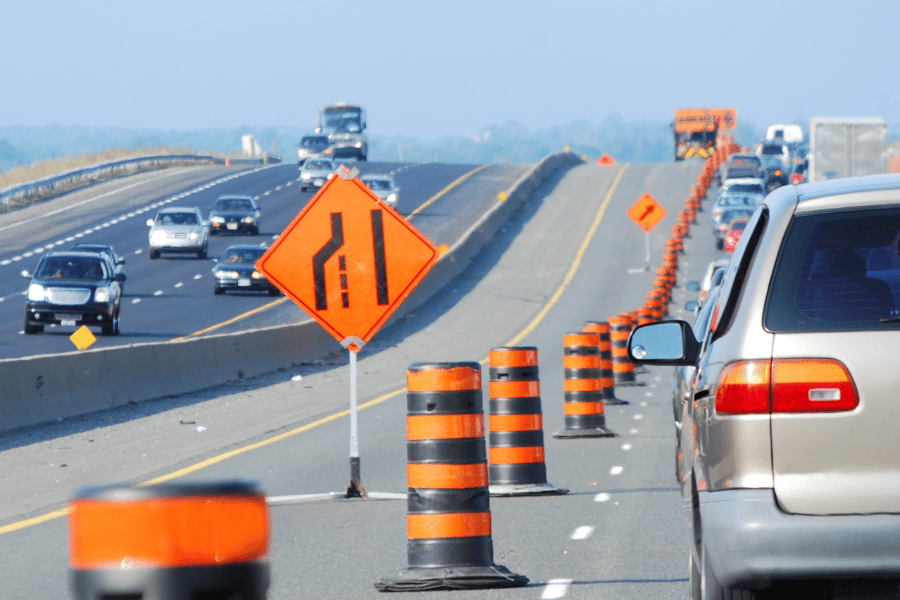
6. Alternative Transportation Options
Walking and biking are other options for commuting. They not only help reduce traffic and wear and tear on the roadways but also have many benefits for physical and mental health. Raleigh greenway systems and bike lanes support these commuting alternatives.
Raleigh's Commute Smart program promotes alternative transportation methods and recognizes individuals and organizations making sustainable commuting choices, with awards announced at annual Earth Day celebrations.

Methodology
Data was sourced from AAA, Payscale, the U.S. Census Bureau, the North Carolina Department of Commerce, and the United States Department of Transportation to determine the driving and commute times in Raleigh, NC.
FAQ: Raleigh Driving and Commute Times
Here are the most commonly asked questions about Raleigh driving and commute times.
What is the average commute time to work in North Carolina?
The average commute time across the state varies greatly but averages about 25.1 minutes, a significant increase in recent years.
Does Raleigh have good public transportation?
Raleigh's main public transportation option is the bus system, which only takes you around downtown. If you travel from the suburbs around Raleigh, your only real option is by car. If you are downtown, the R-Line is a great and free option for travel with scheduled shops all around downtown.
What time is rush hour in North Carolina?
Like most metropolitan areas, the rush hour in North Carolina is between 7:00 a.m. and 9:00 a.m. and between 4:30 p.m. and 6:30 p.m.
What is the average commute time in Raleigh, NC?
The average commute time in Raleigh is 23.6 minutes. Of course, this depends significantly on the time and area you drive from.
Is Raleigh a good place for jobs?
The Wall Street Journal named Raleigh one of America's top three Hottest Job Markets. The city is also rated the best for working women and third on the STEM job growth index.
Raleigh Driving and Commute Times - The Bottom Line
When deciding where to move in the Triangle, it is essential to consider how commute times will vary. No one wants to travel an hour each way to work five days a week. Luckily, Raleigh is improving and widening many major highways to decrease commute times and prepare as the city grows.
The combination of a well-designed highway system, expanding public transportation, and forward-thinking infrastructure planning makes Raleigh an attractive option for those seeking urban amenities without the transportation headaches common in larger metropolitan areas.
Living in Raleigh has many pros and cons, and its manageable commute times make it the perfect destination for homebuyers. Are you ready to explore Raleigh neighborhoods with excellent transportation access? Contact the experts at Raleigh Realty to find your perfect home with the ideal commute.
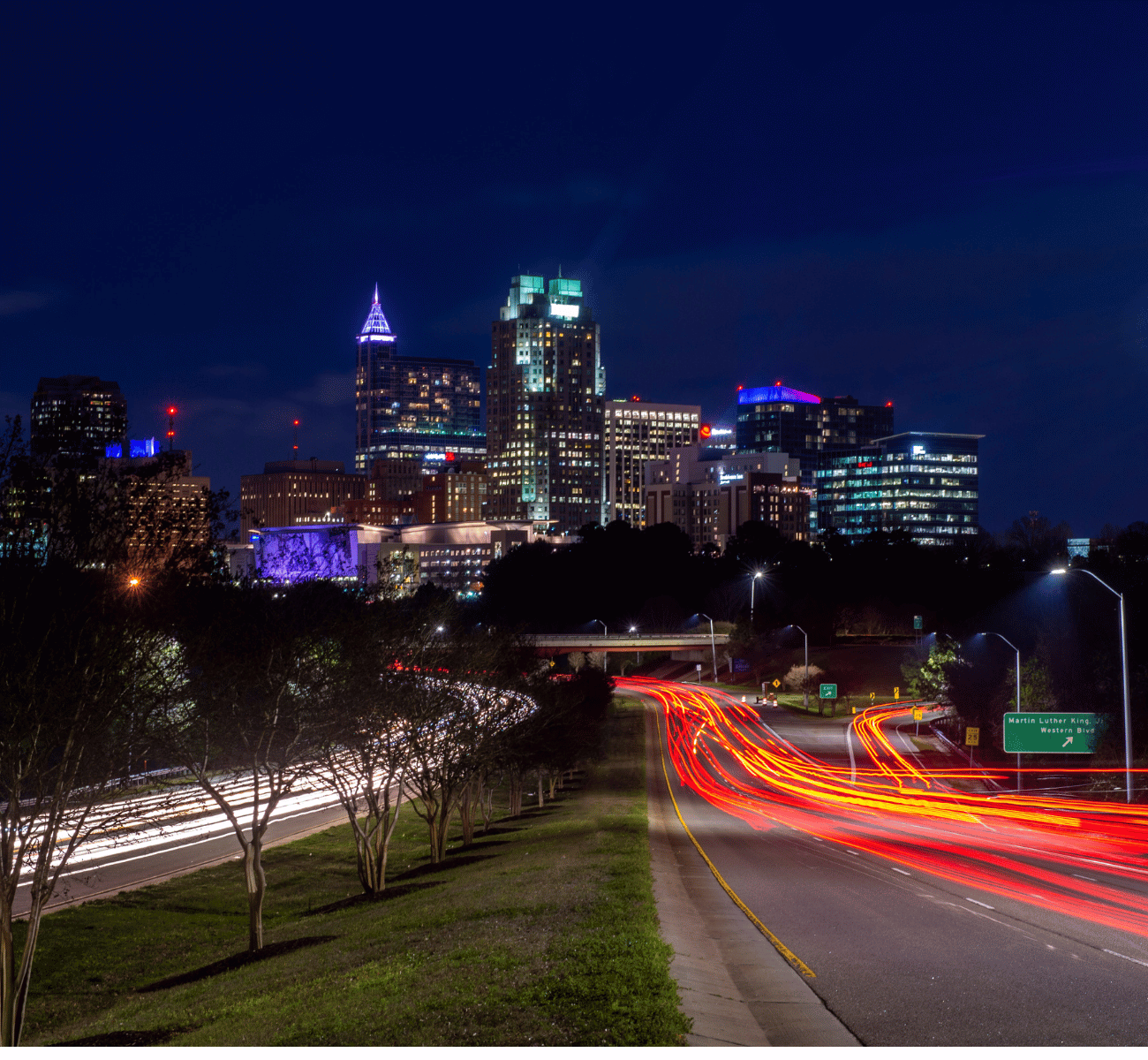
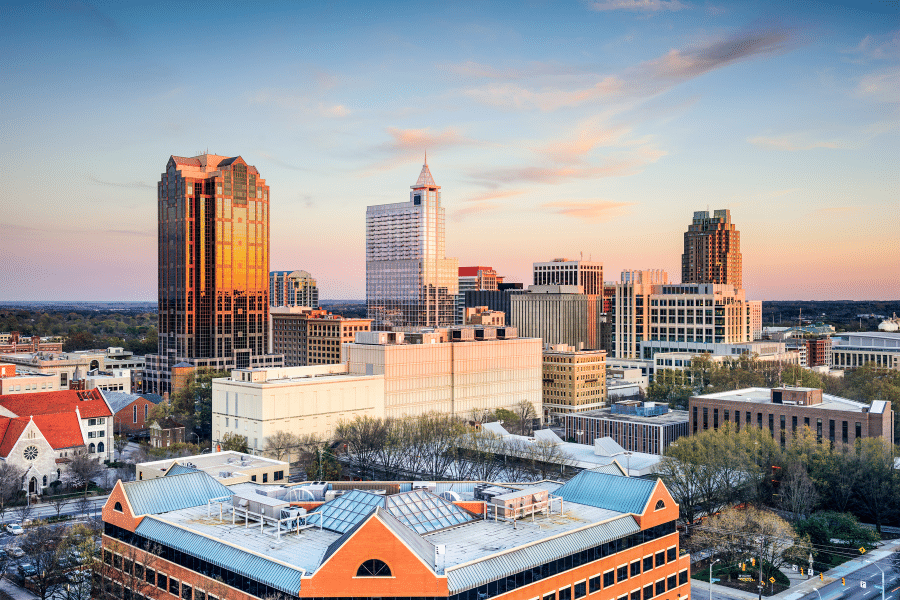
.png)

